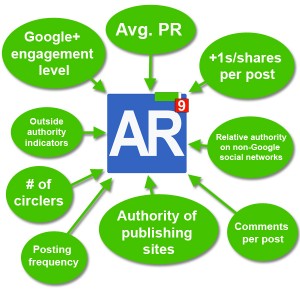If you are in the SEO industry, you have probably a new buzz word floating around the water cooler; “AuthorRank.”

In August of 2005, Google filed a patent for a technology dubbed Agent Rank in which ranking ‘agents’ use the reception of the content they create and the resulting interactions as a factor in determining their rankings. The patent goes on to suggest that more well-received and popular “agents” could have their associated content rank higher than unsigned content or the content of other less-authoritative “agents”.
After adding a continuation patent in 2011, Google is now able to attribute content to specific agents and can now rank these agents thanks to platforms like Google+. AJ Kohn goes into much detail about AuthorRank and why he feels it will be bigger than Panda and Penguin combined. AuthorRank will not be a replacement for PageRank, but will work in conjunction with it to enable Google to rank high quality content more appropriately.
I certainly don’t claim to be an expert on AuthorRank and in fact am only learning about it as I write this. What I did learn from the information I read is that content has and will always been key to the success of any website. Google’s mantra to publishers has always been that “content is king”; provide high quality content and the ranking, and followers will follow. This new signal will be in place soon as a final coup de grace to those still stuck in antiquated methods of content creation and syndication.